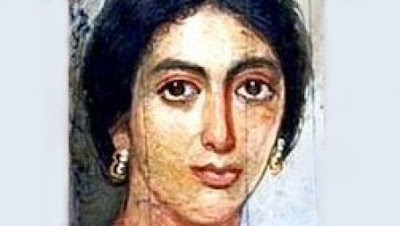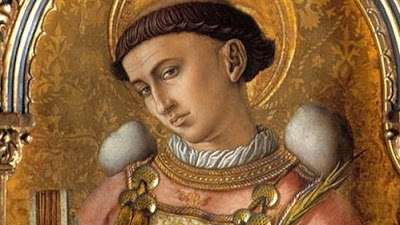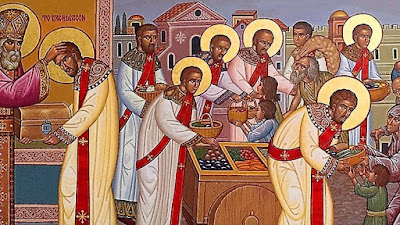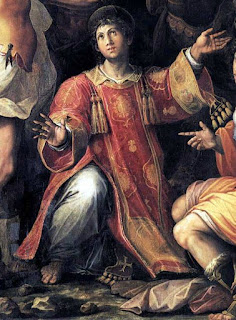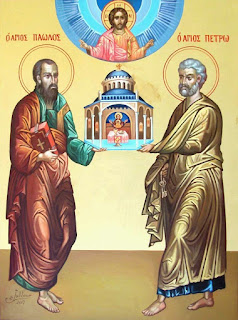Sts. Perpetua and Felicity, Early Church Martyrs
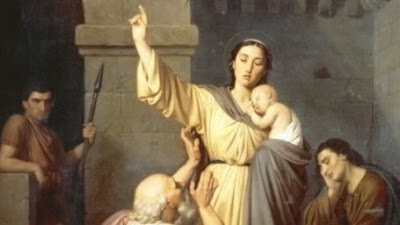
Optional Memorial - March 7th Women have always been important witnesses to the faith and to the sacredness and value of human life. On March 7th the Church honors Saints Perpetua and Felicity, two young mothers of the 3rd century who were martyred because they refused to renounce their Christian beliefs. They are mentioned in the first Eucharistic prayer at Mass and where highly venerated by the early Church. Saint Perpetua was born around 181 A.D. She was a 20-year-old married, well-educated noblewoman, who followed the path of her mother and was baptized a Christian. Her co-martyr, Felicity, was an expectant mother and catechumen who according to tradition was Perpetua’s slave. They both suffered at Carthage in the Roman province of Africa during the reign of Emperor Septimus in 203 A.D. After their arrest and imprisonment, Perpetua and Felicity were led to the amphitheater together alongside fellow professed Christians Revocatus, Felicitas, Saturninus, Secundulus and Satur
